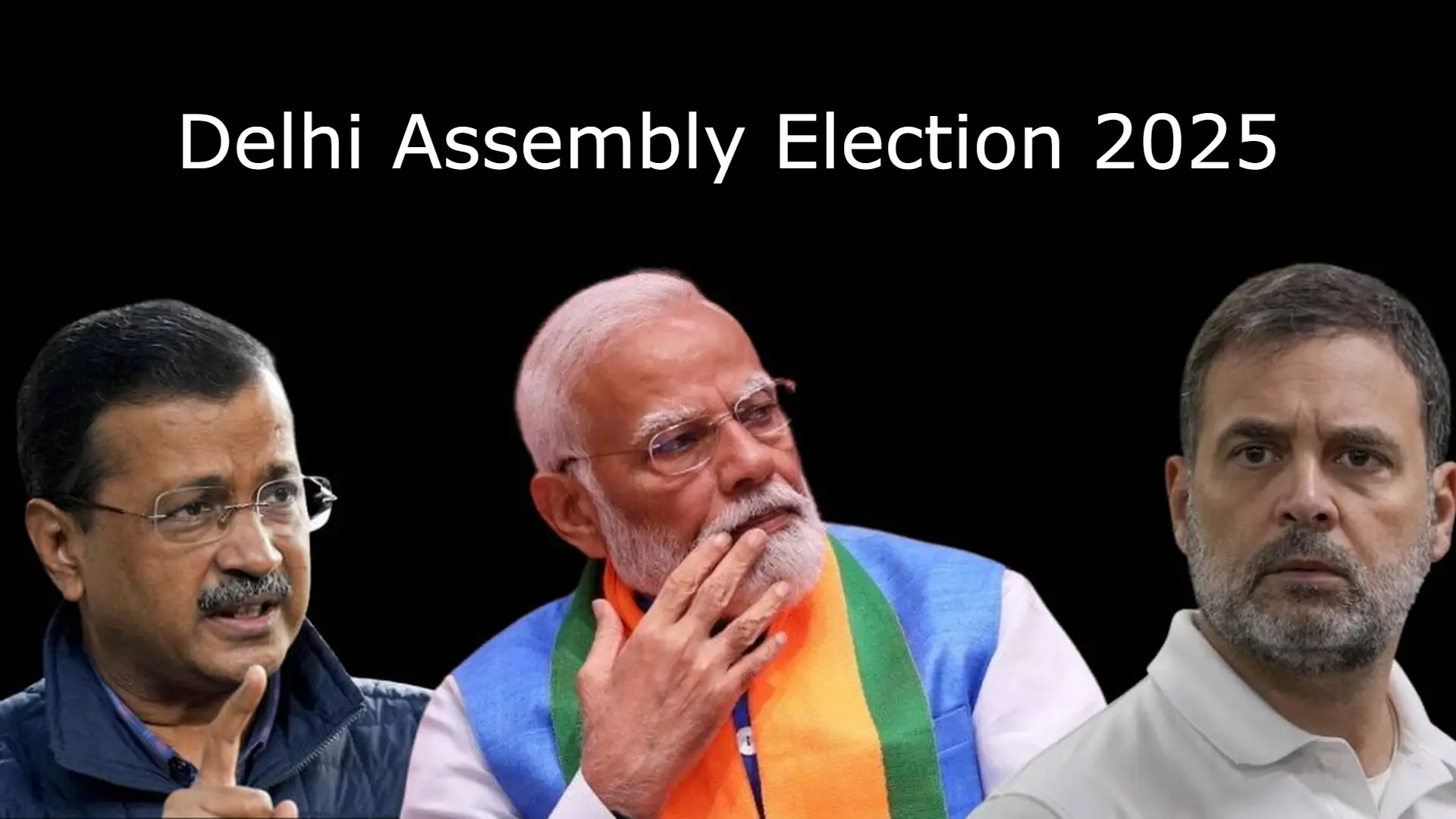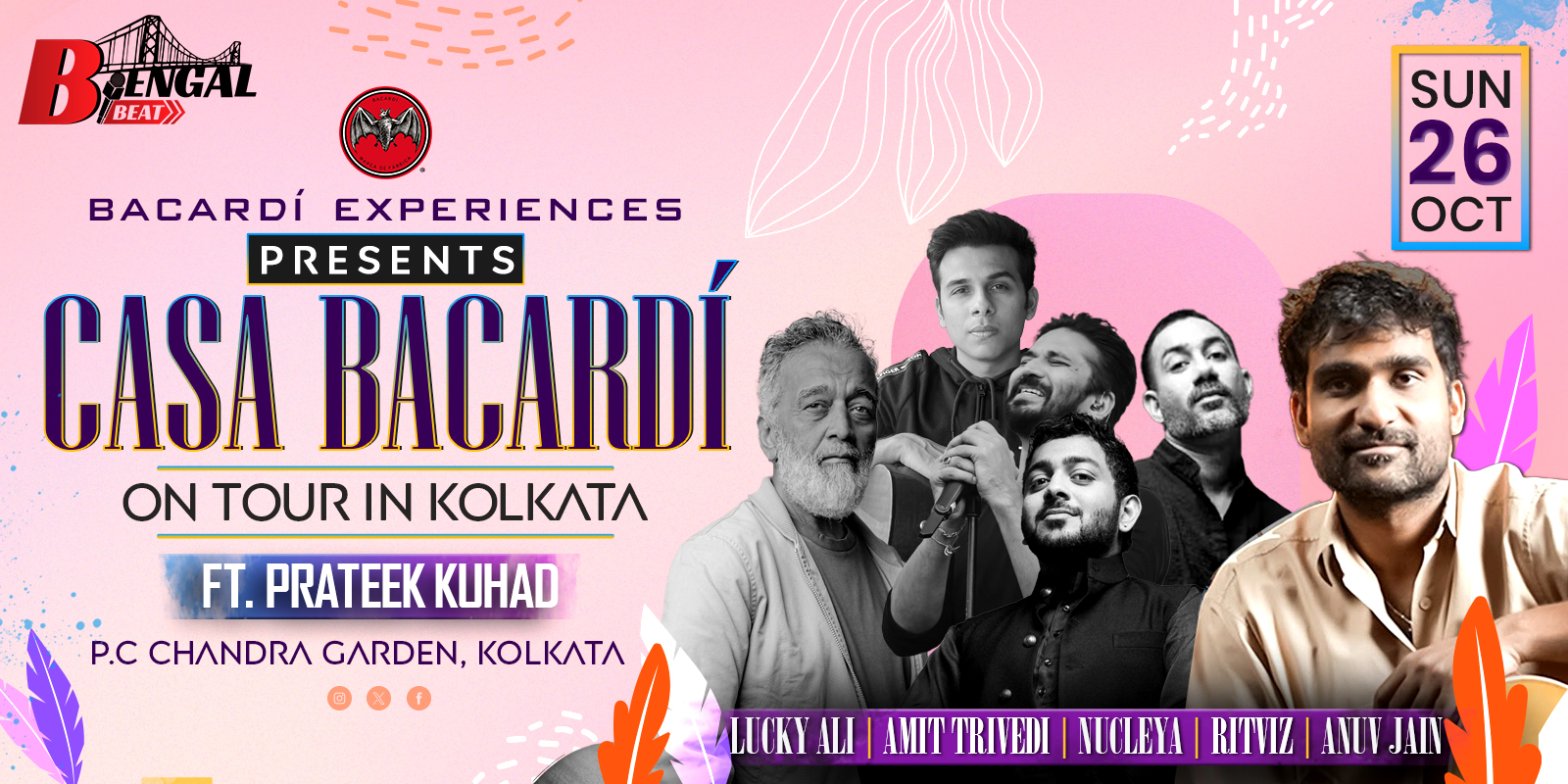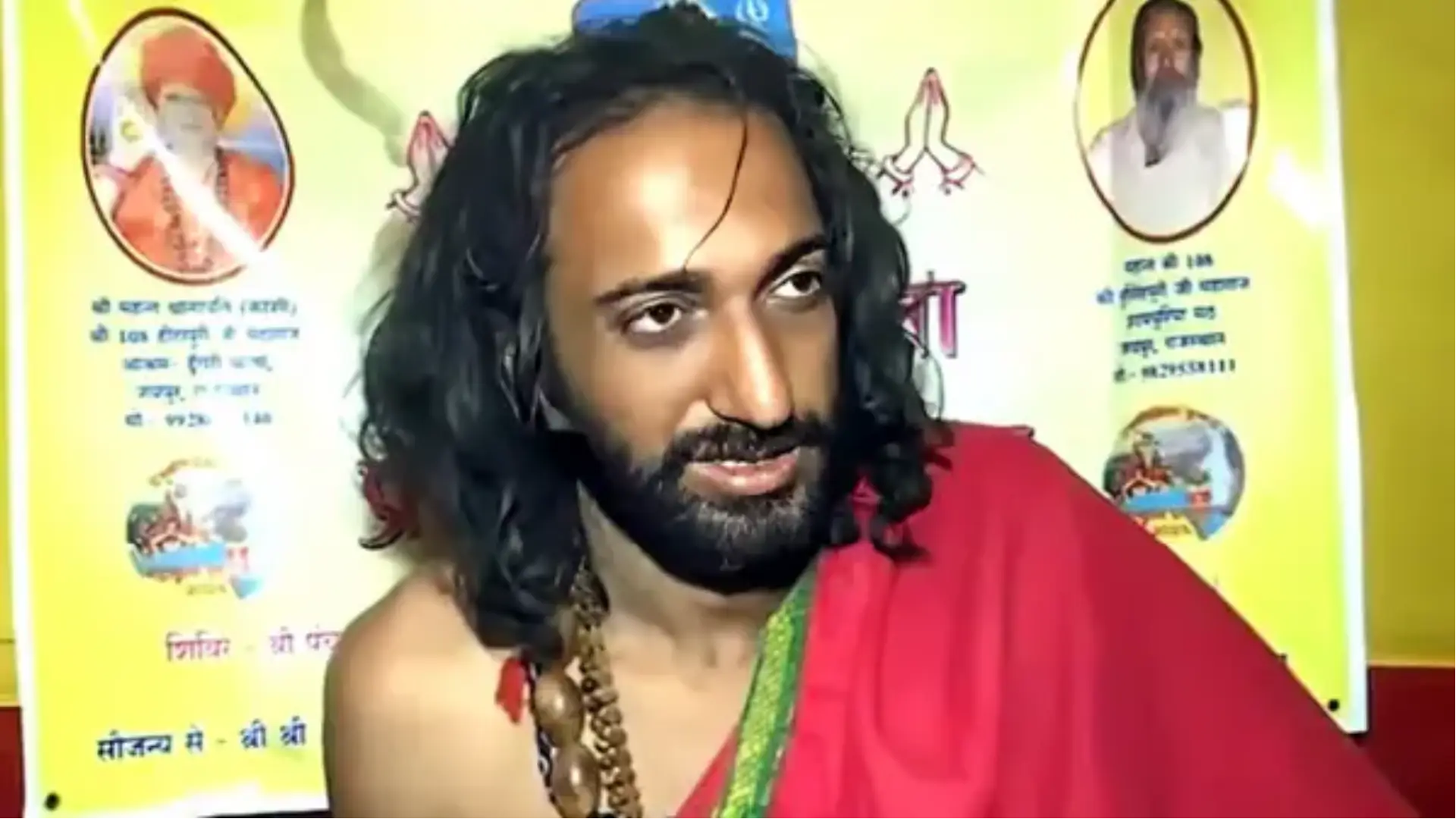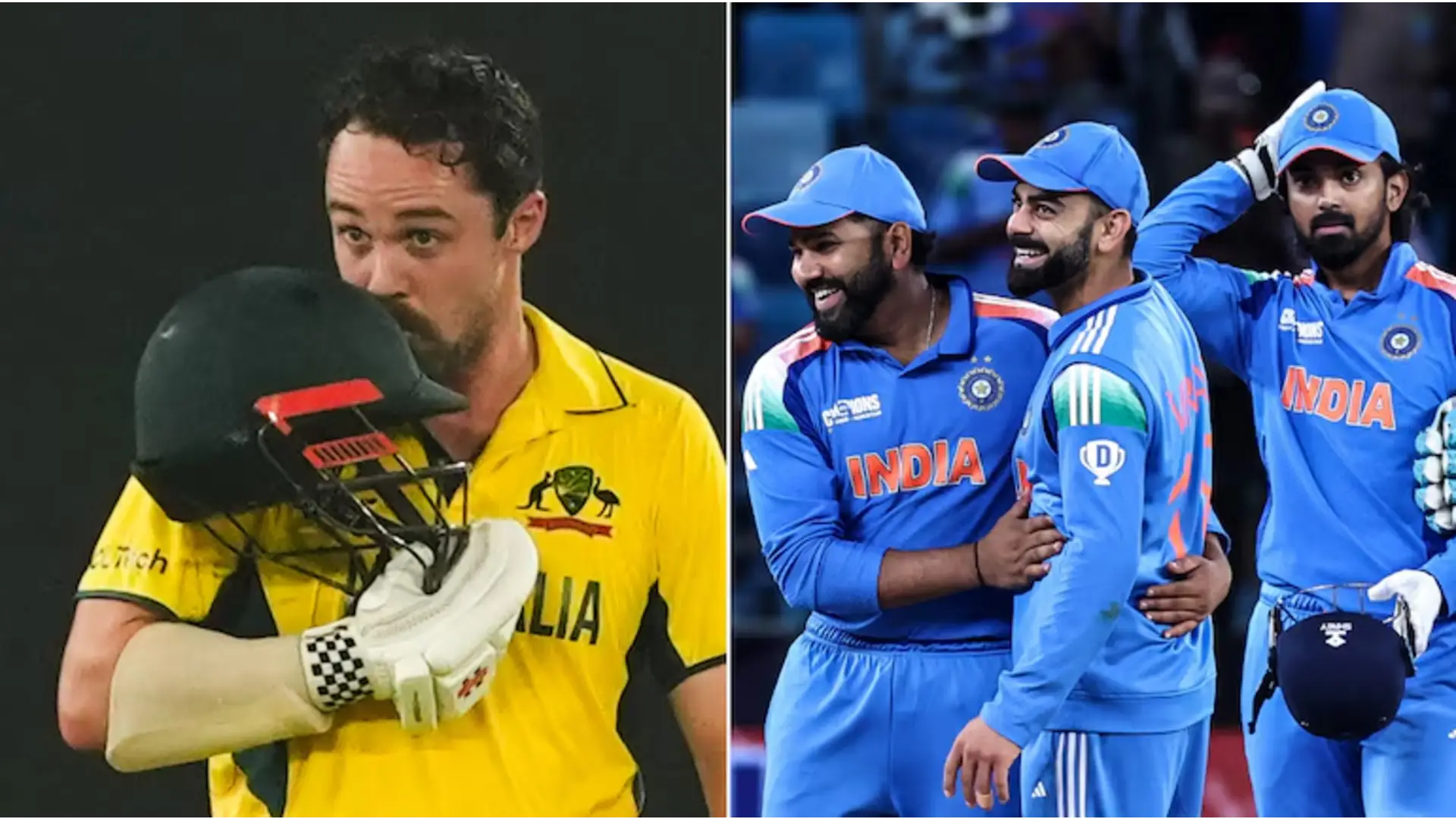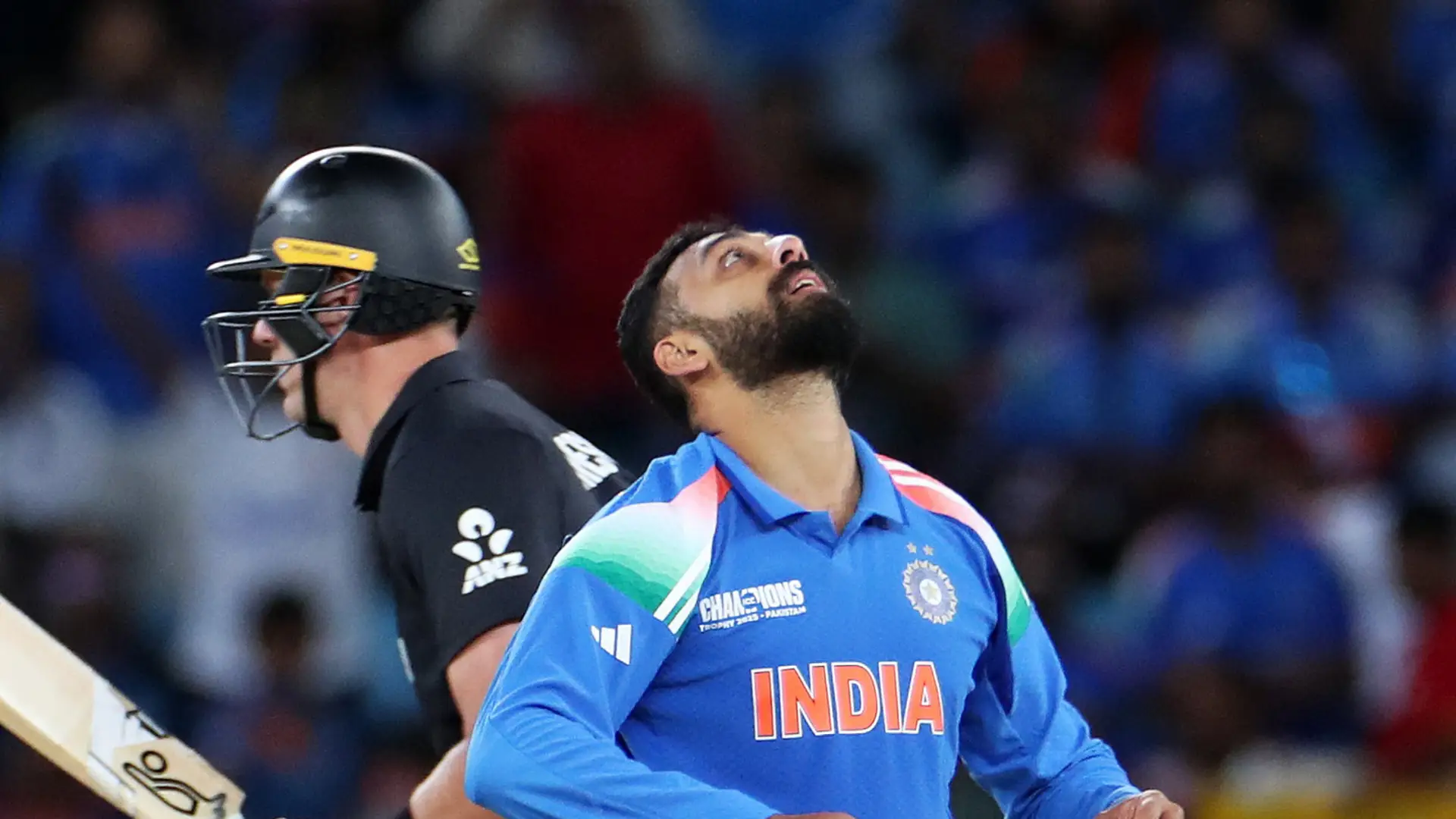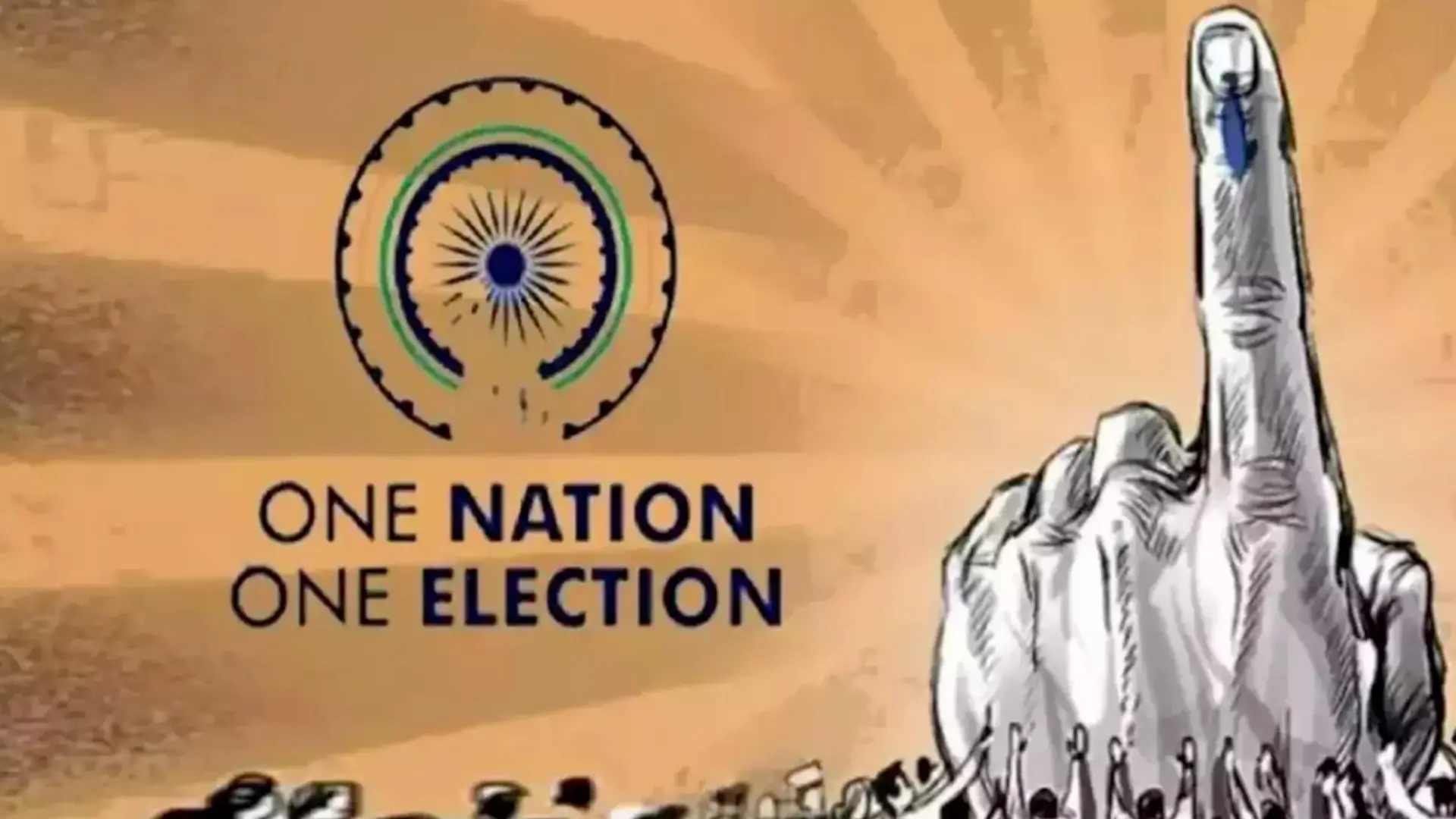
Finally, the Lok Sabha voted on the ‘One Nation, One Vote’ bill on Tuesday, in compliance with the ‘division’ demand raised by the opposition. 269 MPs from the government side voted in favor of the bill. 198 against. After the vote, the Lok Sabha session was adjourned for an hour. First, the ‘electronic voting system’ was used for the bill and then through the ballot.
This is the first time that the ‘electronic voting system’ has been used in the new Parliament building. Incidentally, the Centre introduced the ‘One Nation, One Vote’ bill in the Lok Sabha on Tuesday amidst opposition objections. After this, various opposition parties, including the Congress, Trinamool Congress, and Samajwadi Party, demanded division. In this case, according to parliamentary rules, a vote has to be taken before a debate on any bill.
The Congress has alleged that whatever diversity there is in the election of MPs and MLAs in the federal structure will collapse in the face of the BJP’s aggressive campaign. According to a section of political analysts, the BJP calculates that if only the Lok Sabha elections are held, it will be easier for the opposition parties to reach a compromise on seats. However, if the assembly elections are also included, conflicts with Congress and its regional partners will be inevitable.
A section of the opposition fears that in the next stage, this policy will be followed, effectively making the state election commissions powerless and including the panchayat-municipal elections in this process. Apart from this, there is also the question of what will happen if the government elected at the Centre or in a state falls five years before the Lok Sabha elections.
The Modi government’s argument for holding the assembly elections in all states along with the Lok Sabha elections is that it will reduce the cost of elections. Since there will be two elections on one voter list, the workload of government employees in preparing the list will be reduced. The government’s developmental work will not be halted again and again for the sake of the model code of conduct for voting. The Centre argues that the NITI Aayog, Law Commission, and Election Commission have also given principled support to this idea.

